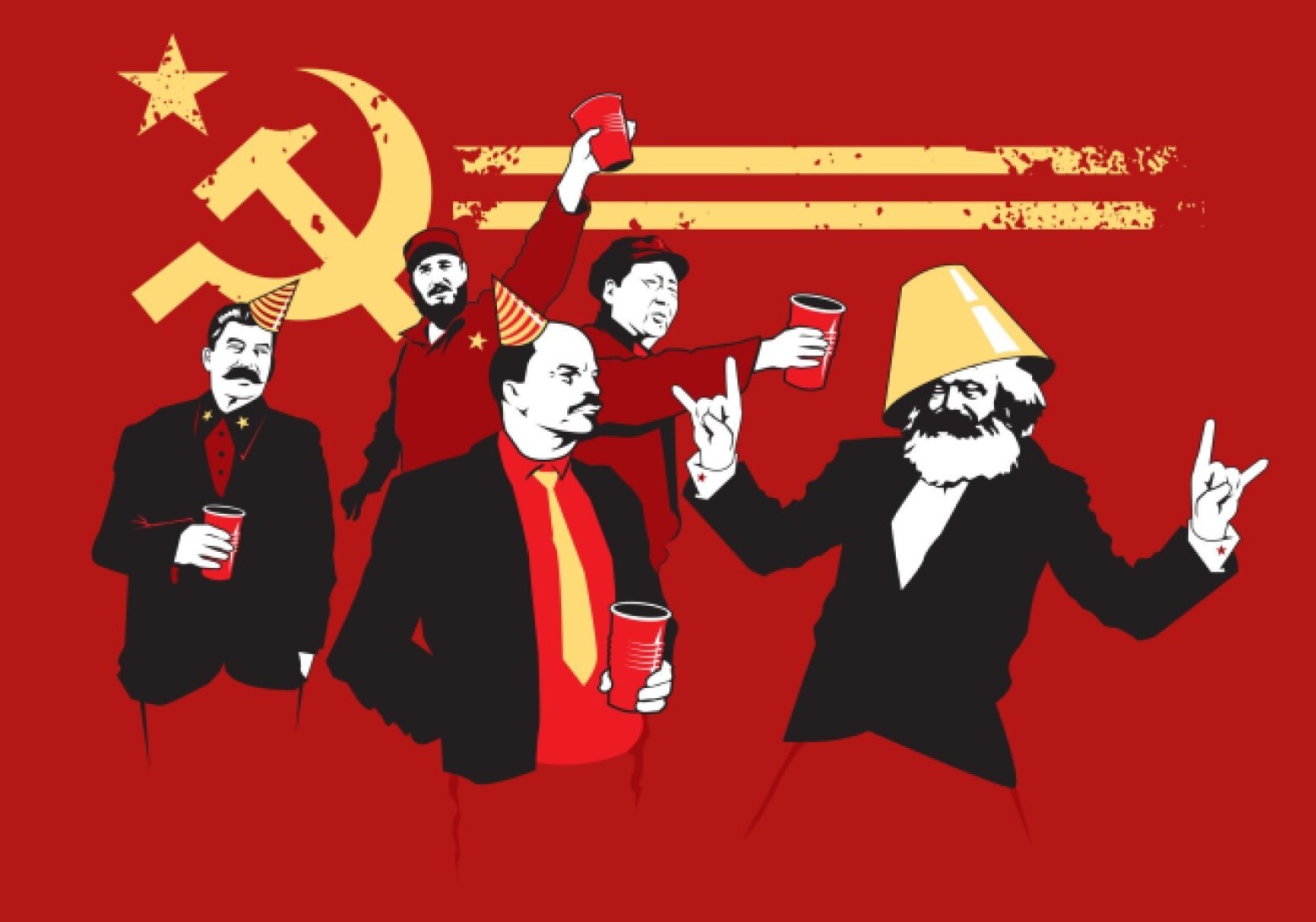https://twitter.com/CerberusXt/status/1759527828427583920
I mean, it was very nakedly a metaphor for the Civil Rights movement of the 60s. X-men didn't get particularly gay until the 90s/00s.
You're right, but X-Men can be a metaphor for any oppressed people vs a society that oppresses them. It's almost as if there is some fundamental oppressor/oppressed dynamic that is universal across history and manifests in different but recognizable ways.
Yeah, I don't think its ever been intended but I see applicability to the struggle of ND people in the mutant allegory, particularly in mutant cure storylines.
Wrong. X-men is about Judaism and Israel.
It was gay since 1981 at the latest with Mystique and Destiny. Going back further. But the civil rights stuff also was not there at the start, mutants was just an easy origin for Stan and Jack.
X-men have been “woke” since 1975 when the team got very international (Soviet, anfrican, Irish, Canadian, Japanese, west German, Native American) after being gone since 1970.
Magneto being a Holocaust survivor came later. Xavier was a Korean War vet who was late 20s during the initial run, Magneto wasn’t much older.
A lot of the Claremont stuff is also very much about his mixed feelings regarding Israel.
Genosha is an idealized version of Israel’s narrative - where there were people there, but they were bad to mutants, mutants won and made a mutant nation.
Krakoa is the dream version of Israel as it’s an island that wasn’t inhabited and invited them, the whole second language and mutant names being real, it’s very inspired by Israel. The difference again is that it’s not a colony on other people’s space.
I guess he could be backfilling but Stan has been pretty explicit that he intended the civil rights metaphor from the start. Obviously a lot of the best stuff didnt come till Claremont, but it was still there. Just like, without Magneto being more morally interesting and stuff.
I do agree about the applicability to Judiasm, though I didnt know that Claremont was explicitly working with mixed feelings on Israel.
Yeah the first part of the post is the point. That it was always political, not that it was always gay. The rest is just bonus.
Fascists abhor subtext in art, liberals just refuse to believe it's there
What could a gay director be trying to tell us
He was trying to tell us that gay people can shoot lasers out of their eyes and control the weather.
I think one of the big problems with the X-Men and the metaphor kind of being forgotten over thr years is that as time has gone on, they keep forgetting that a lot of mutants don't have powers, they're just weird-looking
This of course means that the majority of mutants people see in Marvel comics and cartoons and shows are the attractive, powerful ones
This leads people to see the situation as less of an oppression narrative and more of a Tall Poppy Syndrome, with themselves in the place of the Mutants being held down by the inferior normal humans
It really doesn't help that the majority of the films refuse to engage in the oppressed group metaphor beyond a very surface level viewing, instead opting for an easier to grasp (and less meaningful) Xavier vs. Magneto situation, with even the seeming exceptions eventually devolving into Magneto showing up and usurping the villain role
The big exception to this is X-Men 2, but even then it strips away much of the commentary its inspiration had made about the intersection of American Evangelicalism and bigotry
point taken but I recommend not referencing the director of those movies in an even accidentally approving context ever
i dont think acknowledging that he's gay and that the messaging of the film probably had something to do with that is necessarily "approving", just acknowledging reality.
nah they meant cuz he's been implicated in child abuse
No Im aware im just saying "hes gay so he probably had gay themes in his movies" isnt praise for a child abuser, its just stating facts.
I'm okay with Thanos snapping transphobes out of existence.









